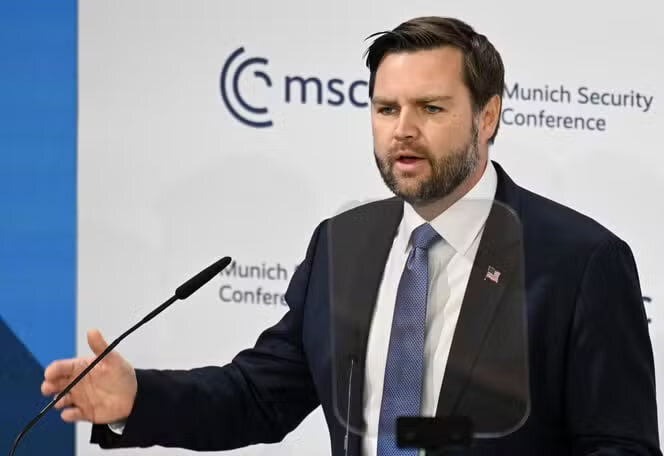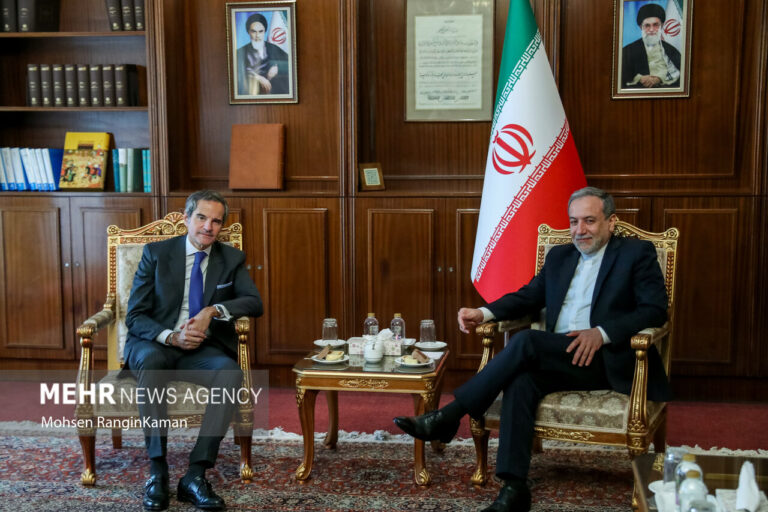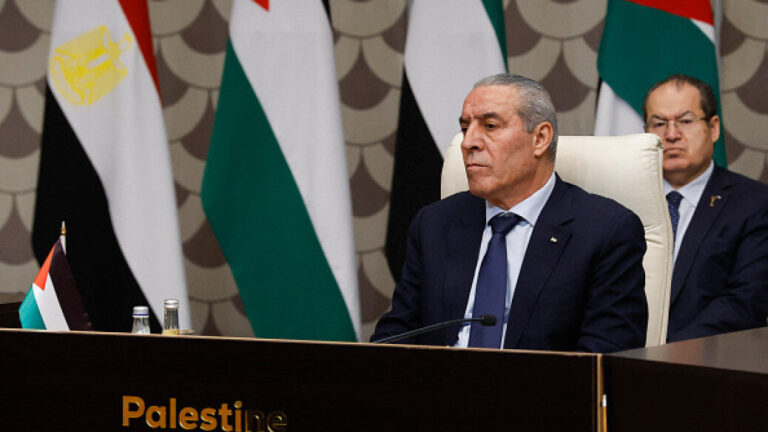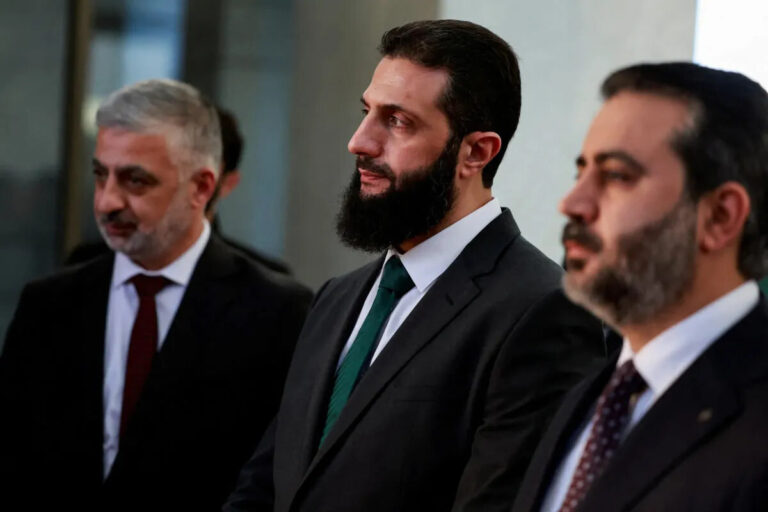European Leaders Under Fire: Vance Accuses Officials of Silencing Unorthodox Political Views
US Vice President JD Vance’s recent remarks at the Munich Security Conference have sparked significant backlash from European officials. His controversial speech, which criticized European allies for various issues, including free speech and immigration control, has raised eyebrows and led to strong reactions from key political figures. This incident underscores the ongoing tensions between the United States and Europe regarding political cooperation and values.
During his address at the conference in Germany, Vance asserted that the Trump administration is aiming for a “reasonable settlement between Russia and Ukraine.” However, he emphasized that the most pressing concern he has regarding Europe is the “threat from within.” This statement has been met with criticism from various European leaders.
- Ukrainian MP Oleksiy Goncharenko condemned Vance’s comments, labeling them as “the total humiliation of all European leaders.”
- Goncharenko highlighted that Vance “said nothing about the war and Ukraine,” which he deemed a significant oversight.
- He further remarked that Vance’s speech indicated a perception that “there is no such thing as the West anymore,” reducing it to “the United States and its vassal, the European Union.”
In response to Vance’s comments, German Defense Minister Boris Pistorius also expressed his discontent, calling Vance’s remarks “unacceptable.” Speaking at a different event, he noted that he felt compelled to change his planned speech due to Vance’s statements.
Pistorius elaborated by stating, “If I understood him (Vance) correctly, he compared conditions in parts of Europe with those in authoritarian regimes… That is unacceptable.” He strongly opposed the narrative that minorities are being suppressed or silenced in German democracy, asserting that the country allows for a plurality of views.
As part of his campaign for Germany’s Social Democratic Party (SPD) ahead of the federal election on February 23, Pistorius emphasized that even far-right parties, such as the Alternative for Germany (AfD), have the right to campaign “just like any other party.” This statement reinforces the notion that Germany values democratic processes and open dialogue among diverse political factions.
The incident highlights the challenges of transatlantic relations, particularly as European nations navigate their political landscape amid rising populism and extremism. Vance’s remarks could further strain relations, especially if European leaders feel that their sovereignty and democratic values are being undermined by American political rhetoric.
The Munich Security Conference serves as a platform for international leaders to discuss pressing security issues and foster cooperation. However, the division between the US and its European allies over fundamental democratic principles and governance approaches remains a critical concern for the future of transatlantic relations.
In light of these events, it’s essential for leaders on both sides of the Atlantic to engage in constructive dialogue aimed at addressing the underlying issues that threaten democratic values. Establishing a collaborative approach to tackle challenges such as immigration, security, and political extremism will be vital for maintaining unity and stability in the region.
As the political landscape continues to evolve, the relationship between the US and Europe will be closely monitored. The reactions to Vance’s speech underscore the importance of mutual respect and understanding in international relations, particularly when addressing sensitive topics that impact the lives of millions.
In summary, Vice President JD Vance’s speech at the Munich Security Conference has ignited a significant debate about the state of democracy and international cooperation. European leaders have made it clear that they do not accept the comparison of their democracies to authoritarian regimes. Going forward, it will be crucial for both sides to find common ground and work collaboratively toward solutions that uphold democratic values and promote stability.






